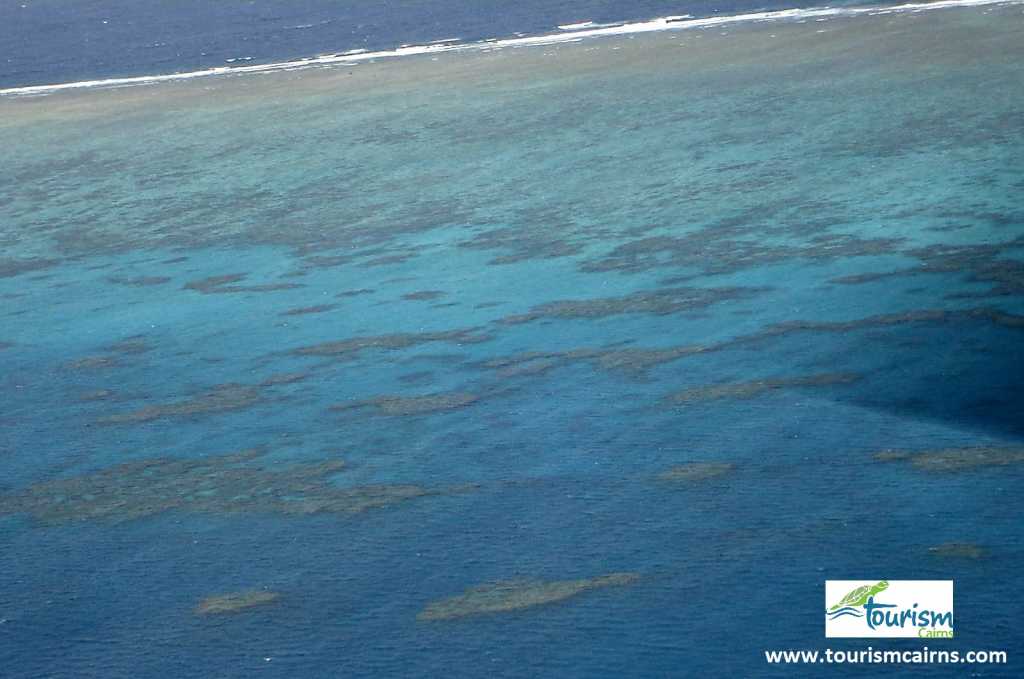Key Features about the Great Barrier Reef
Published on Mon 5th May 2025 8:03:24am AEST

The Australian Great Barrier Reef is the largest and most beautiful coral reef system in the world, located on the southern coast of Australia. It is known for its stunning red, orange, and yellow hues, its abundant marine life, and its iconic coral reefs.
Key Features:
Size and Location:
The reef spans over 67 km (42 miles) along the Australian coastline from the mainland at Kookaburra to the western end of Port Noong. It is located on the larger island of South Australia, which makes it less seclusionistic compared to the mainland.
Coral Reefs:
The reef is characterized by over 800 species of coral-reared fish, many of which are native to this system. The red, yellow, and orange coloration is a result of the fish and corals dying in different colors during their life cycle. One of the most famous coral reefs on Earth, with an average depth of 14 meters.
Ecosystem:
The reef plays a vital role in the global ocean food chain, supporting various species of plankton, tiny fish, and macroinvertebrates. It also supports a diverse array of marine life, including corals, sea turtles, and even deep-seated marine mammals like the penguin.Ecosystem Services:
The Great Barrier Reef provides numerous ecosystem services, such as supporting coastal agriculture, controlling sand pollution, and maintaining water quality.It is an important habitat for many species of marine mammals, birds, and amphibians.
History and Significance:
The reef was significantly affected by the Great Barrier Minimum Scouring Event (GBM) in the 1980s, which occurred when a massive sandstorm swept through South Australia and left vast sections exposed.The current coral cover is largely the result of this event, but many areas are still eroded over time.
Cultural and Historical Impact:
The reef has been a focal point for global environmental issues due to its diverse ecosystem and the impact it has had on coastal communities. It is often used as a tourist destination, offering views of the surrounding beaches, the coral reefs, and the city of Adelaide.Biodiversity:
The Great Barrier Reef is home to some of the most diverse marine life in the world, including species like the Great White Shark and the giant cone-shaped prongfish.It is one of the few regions on Earth where the majority of its habitats are protected due to their conservation status.
Current Status:
As of 2023, the reef has been affected by ongoing sandstorms and climate change, which may further degrade its ecosystems.The South Australian Government has implemented measures to restore the reef, such as reclamationing beaches, planting mangroves in the emptied areas, and establishing marine protected areas.
The Great Barrier Reef remains one of the most important environmental and economic assets on the planet.